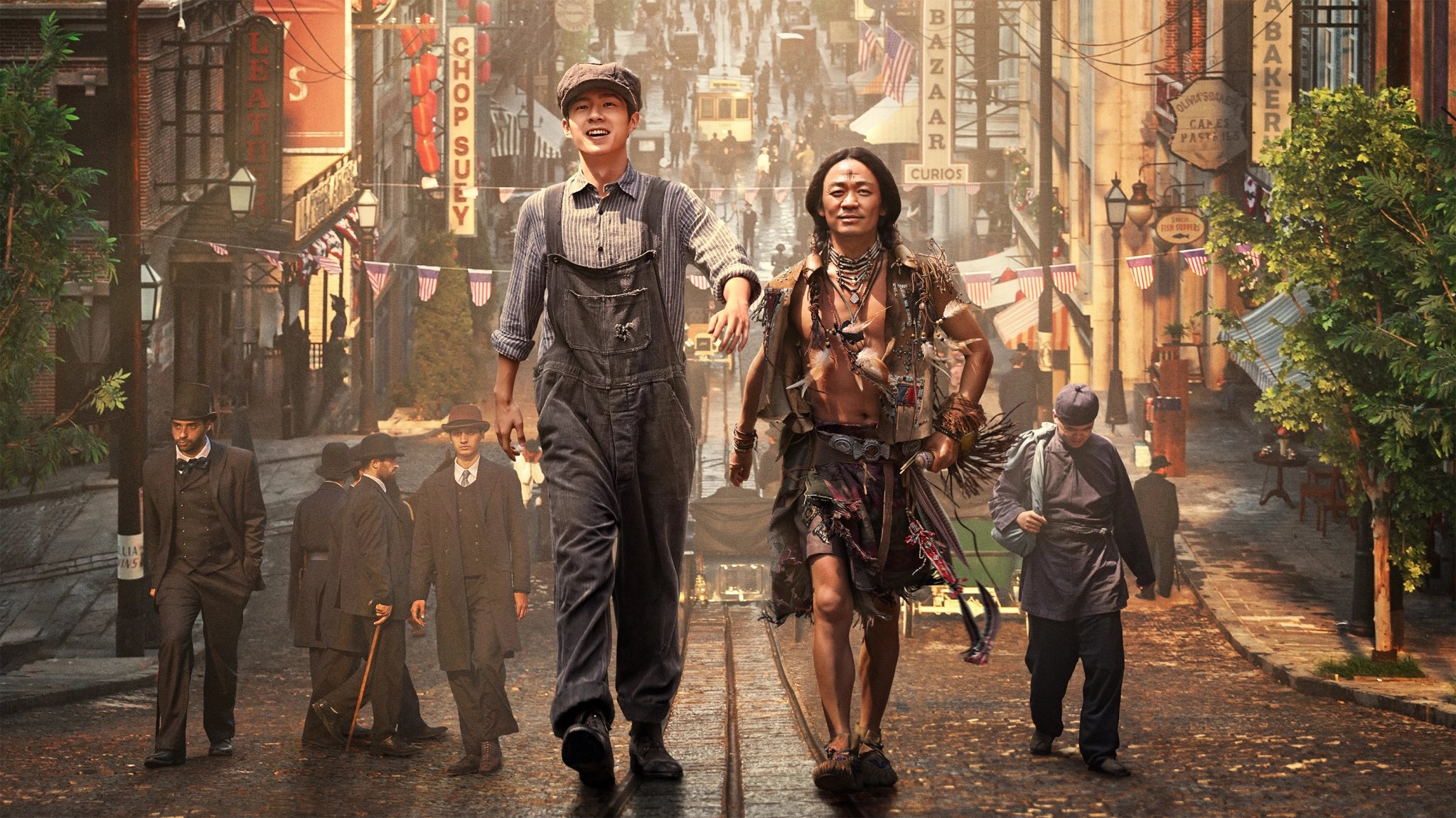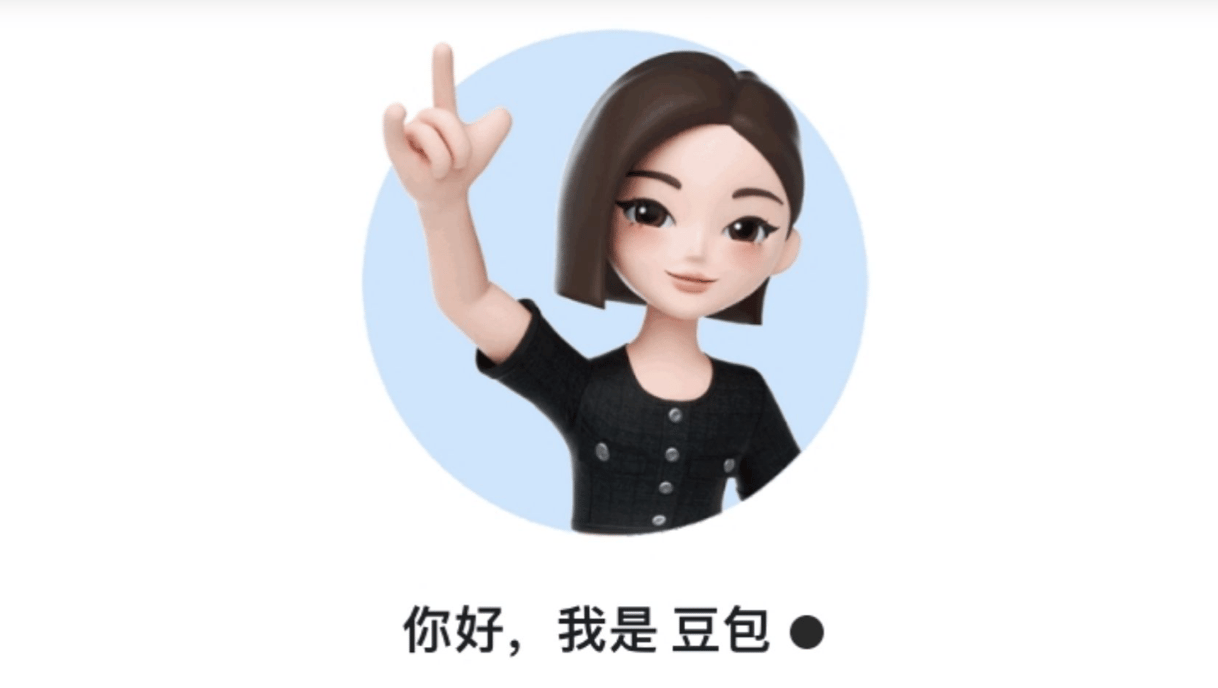Jimmy Butler, aka Jimmy Buckets, has just rounded out his China tour by unveiling his newest signature shoes with Li-Ning.
Butler took a brief step away from the Miami Heat to complete a ten-day promotional tour. After visits to Beijing, Taiyuan, Xi’an, Chongqing, and Guangzhou, he finished up his mainland route with a stop in rural basketball capital Guizhou.
One clip from his tour went unexpectedly viral when a fan accidentally hit JB in the face with a shoe.
Butler was onstage autographing sneakers for fans at a Li-Ning event in Taiyuan, when an audience member tossed a shoe up to be signed, accidentally bouncing it off the NBA player’s face (slide 5 above).
Butler was clearly startled, but quickly laughed it off, signed the shoe, and returned it to its owner.
“Probably my favorite part about the whole thing,” he joked later on Instagram.
On this trip, Jimmy Butler became the first ever NBA player to visit Guizhou, the capital of China’s ‘rural basketball’ movement. Guizhou is the birthplace of an iconic basketball tournament called ‘CunBA’ — cun, literally meaning ‘village,’ and ‘BA’ as in ‘NBA.’
There, thousands gathered to watch Butler dunk. After chatting with fans, he received a cotton basketball as a symbolic gift from 81-year-old Lu Dajiang at an elementary school.
The gift sparked some controversy online, where some audiences questioned if cotton was really the right gift for a black basketball player from the US.
“Butler looks unsure about the cotton in his hand,” reads one comment.
“His face is like, hmmmm…” another user replied.
Others, however, defended the gift and rebuked any historical interpretations.
“Our cotton is a symbol of the wisdom, diligence and simplicity of the working people,” wrote one user. “It has nothing to do with blood, tears and oppression. This gift is good!”
“Those histories have nothing to do with us,” wrote another. “But if a white person gave JB that gift, he’d definitely be pissed.”
After his visit, Butler visited Hong Kong, stopping in the industrial/residential center of San Po Kong to play alongside fans, and to dole out some free Li-Ning shoes to winners of the skills contest.
“Always give all you have doing what you love,” he said. “Never, ever let anyone tell you what you can or you cannot do.”
Cover image via Xiaohongshu: @sneakersbar

















